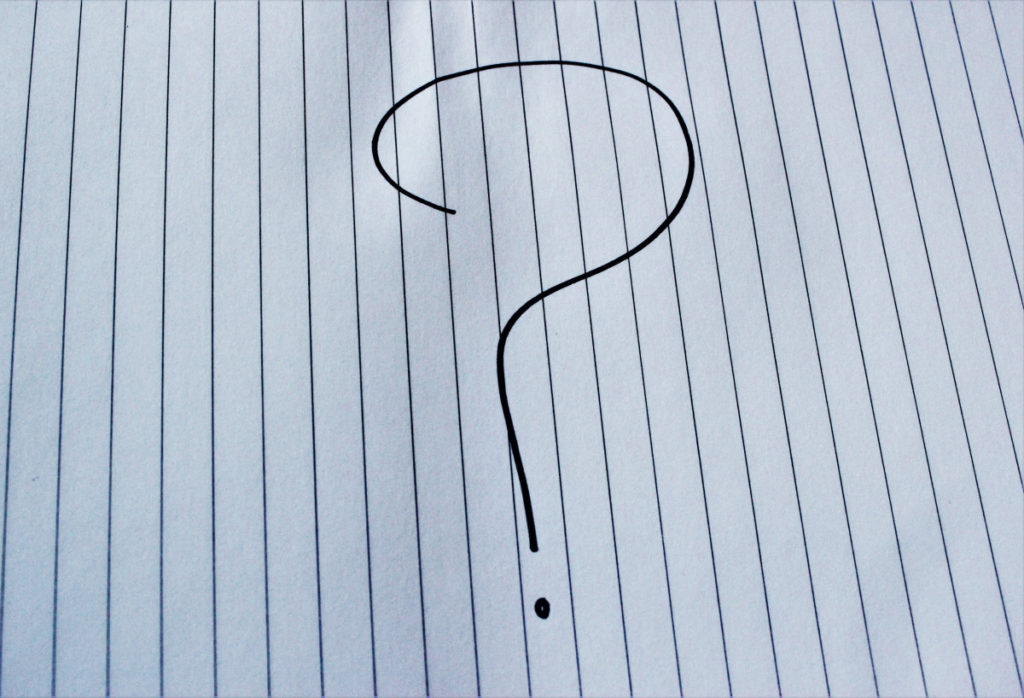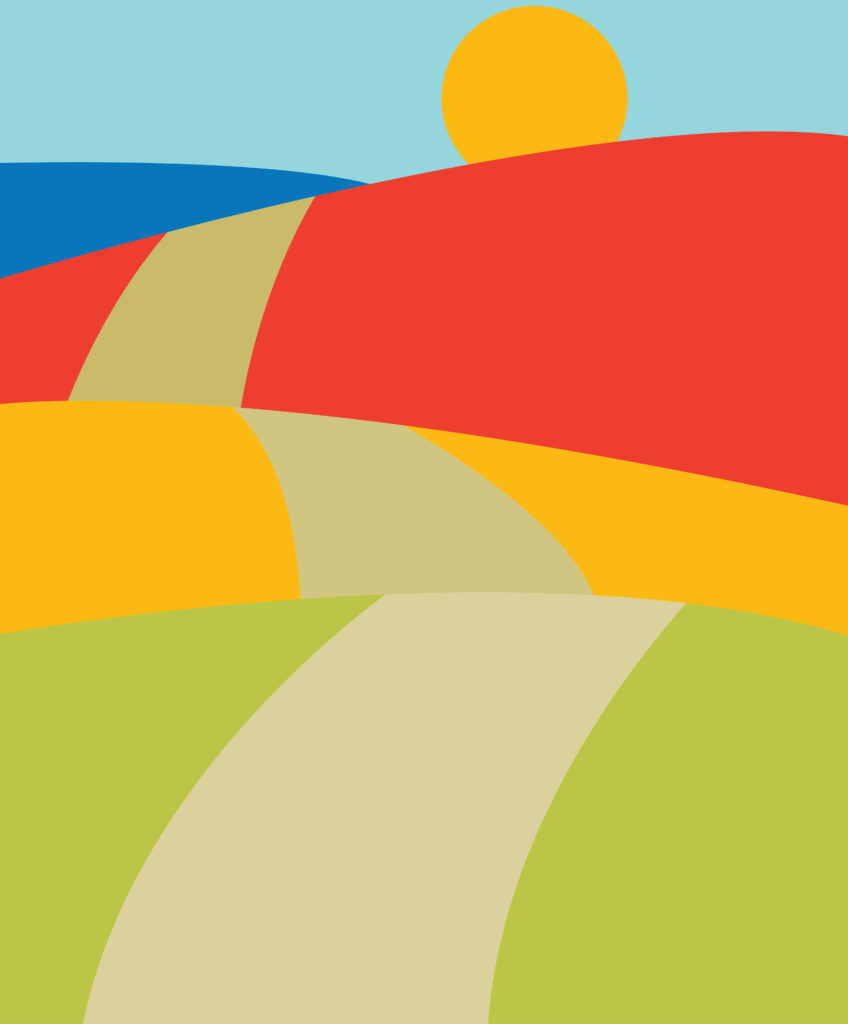I don’t know
by Rebecca Crichton

I’ve been toying with starting a new practice that I suspect will stretch my capacity for interaction and learning. It relates to my tendency to know something about a lot of things. I have what I call a ‘clap-trap brain’ that retains all sorts of data. (Recent examples: facts about Ursula Le Guin’s parents; how a drop of Asian Fish Sauce enhances salad dressing.) I am a good source for Trivia or crossword puzzles, and an even better source for connecting people with resources they need.
That’s not what I’m talking about here.
I’m talking about not predicting what we ‘know’ will happen next with friends, family and – the big one – Politics. I’m talking about the instantaneous way I jump to ‘knowing’ when I’m just really making it up. I can usually avoid the discomfort of political discussions but get me going on why people do what they do, what minor medical ailment they are suffering from, or other fragments of my personal experience I have decided to apply to everybody, and it’s hard to shut me up.
We all like feeling ‘informed’ in this demanding and ever-challenging world. Bombarded as we are with information about everything that interests us – and much that doesn’t – we like speaking with authority based on whatever source we consider ‘reliable.’ We share what we have learned and what we think others should know with ‘our’ people, whether they are in our immediate company or on one of the social media platforms read by however many followers we have.
We know what we know and believe that what we know is true, and right, and authoritative. We predict the future with an arrogant certainty that might set us up for not just being wrong, but for unwanted and unconsidered outcomes.
Let me clarify that saying “I don’t know” doesn’t mean I am saying I am wrong. It just means I am creating space to learn from others and allowing myself to be unattached to what might come from admitting that.
When I say “I don’t know” about something and then ask what the other person knows or thinks, I can learn something. I don’t necessarily need to agree with what I’m told, but it will definitely widen the area we are talking about.
I admit this is a radical behavior change for me and, I suspect, for others. Instead of leading with what I think, based on either my experience or beliefs – which in turn play a role in what I have experienced – I can find out another perspective, another person’s experience and reality.
I will practice saying things like: “I don’t know about that. What can you tell me?” “What do you know about this? Tell me more.” If I really want to go deeper, I might ask how that person’s knowledge has been helpful to them.
This won’t be easy. I like having answers and I tend to have a lot of them. But It’s time to challenge myself to remain open and curious. Hard as it is to admit, I don’t know the future!
